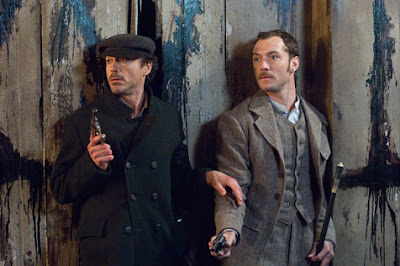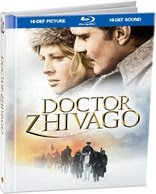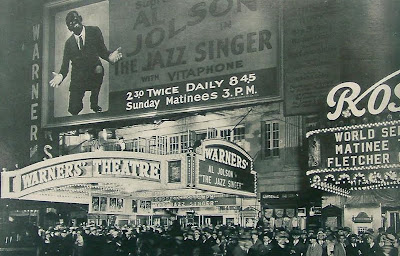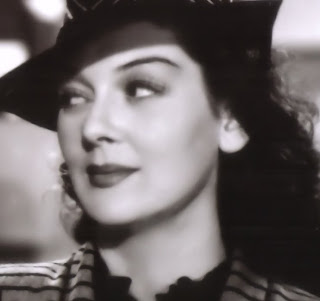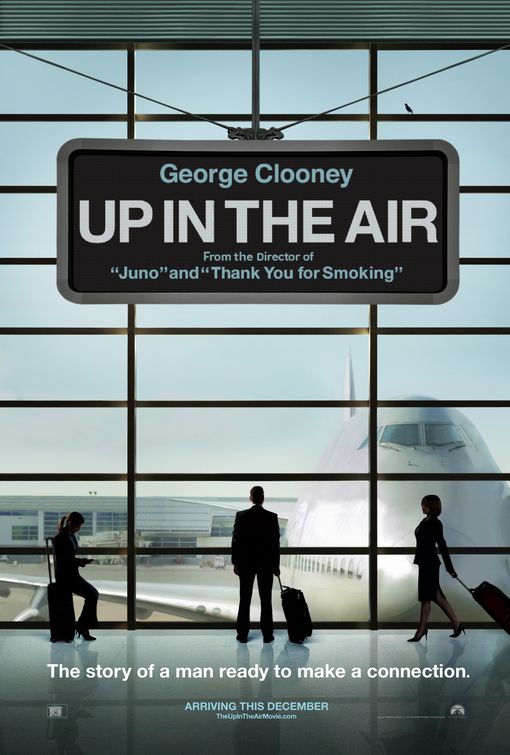I had a mini Vincente Minnelli marathon this week (more on that later) and the most prestigious and well-regarded musical of his that I watched was 1953's "The Band Wagon" starring Fred Astaire and Cyd Charisse.

Minnelli's film has more than a few similarities to 1952's "Singin' in the Rain." Both take place in the entertainment industry, both star performers who are feeling inadequate and both films run on manic, high-wire Technicolor energy from the first frame. One excels at it, the other doesn't.
"The Band Wagon," in my mind, is a mess. It starts off with promise - a washed-up song-and-dance man (Fred Astaire) is attempting a comeback on Broadway by taking the starring role in a musical interpretation of "Faust" directed by a hotshot actor/director (Jack Buchanan) and headlined by a renowned dancer (Cyd Charisse).
Like the scenes attempting to implement sound into, "The Dancing Cavalier" in "Singin' in the Rain," these early scenes take advantage of their comedic potential. The problem with "The Band Wagon" occurs when Tony (Astaire) takes on the production himself and rides it back into stardom, rescuing the rest of the cast and crew along with him.

This "restructured" stage play (more true to their original intent before "Faust" came into the mix) is played out bit-by-bit as the group tours the country before opening in New York City. The effect is dizzying and this piecemeal unveiling of the production never coalesces, resulting in a product that is seemingly inferior to the supposedly wretched musical "Faust," which inexcusably, we never get to see.
And the musical numbers, with the exception of the wonderful noir-spoof finale, "Girl Hunt Ballet," are mostly a drag. "That's Entertainment!", "Louisiana Hayride" and "Triplets" are all gleefully underwhelming in the worst way, and seeing Fred Astaire's Abe Vigoda-like mug in the proportionately out-of-whack form of a 3 1/2-foot tall baby is hardly the kind of entertainment that "The Band Wagon" thinks its providing.

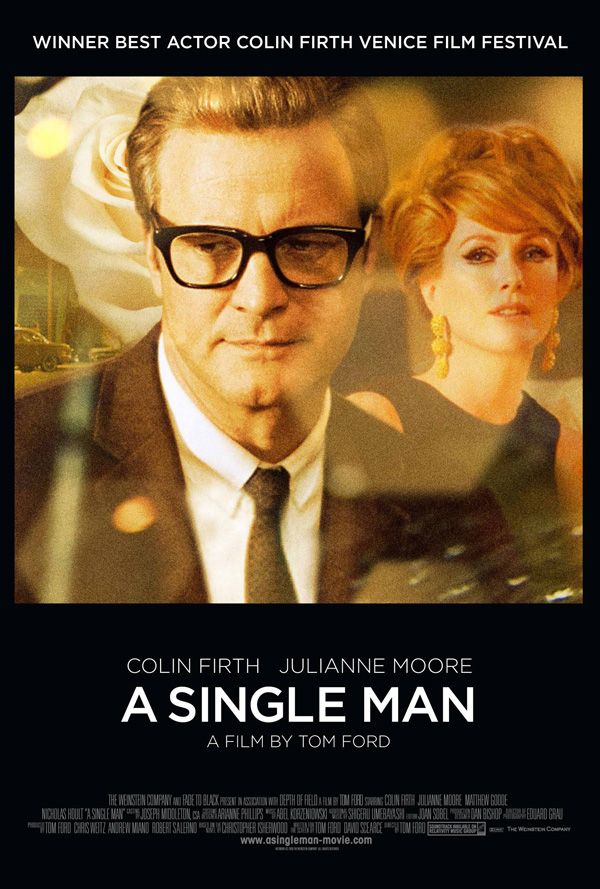


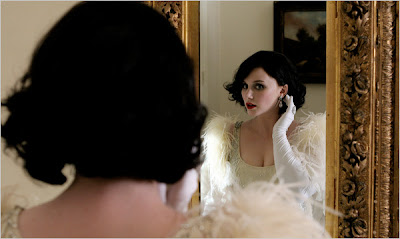


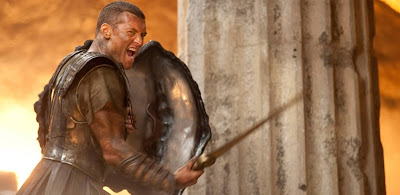 I don't think it looks tremendous or anything, but part of me feels excited for it after watching this trailer a couple of times at home and in the theater. The main reason is my delight in Leterrier's decision to use location-shooting and not slather it in CG-glaze by way of shooting exclusively in front of a green-screen.
I don't think it looks tremendous or anything, but part of me feels excited for it after watching this trailer a couple of times at home and in the theater. The main reason is my delight in Leterrier's decision to use location-shooting and not slather it in CG-glaze by way of shooting exclusively in front of a green-screen.
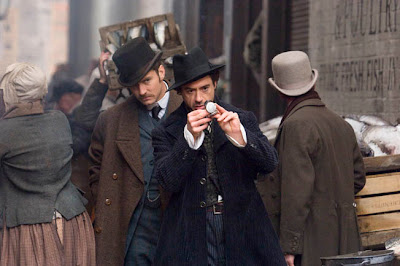 Of course, these figures are subject to change, but with these early estimates, Avatar may not have to wait a week to beat Holmes for the weekend.
Of course, these figures are subject to change, but with these early estimates, Avatar may not have to wait a week to beat Holmes for the weekend.



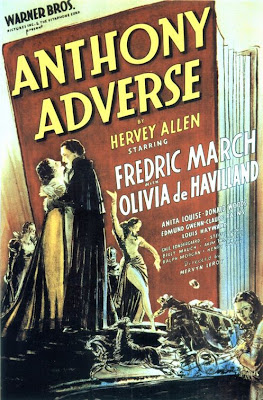

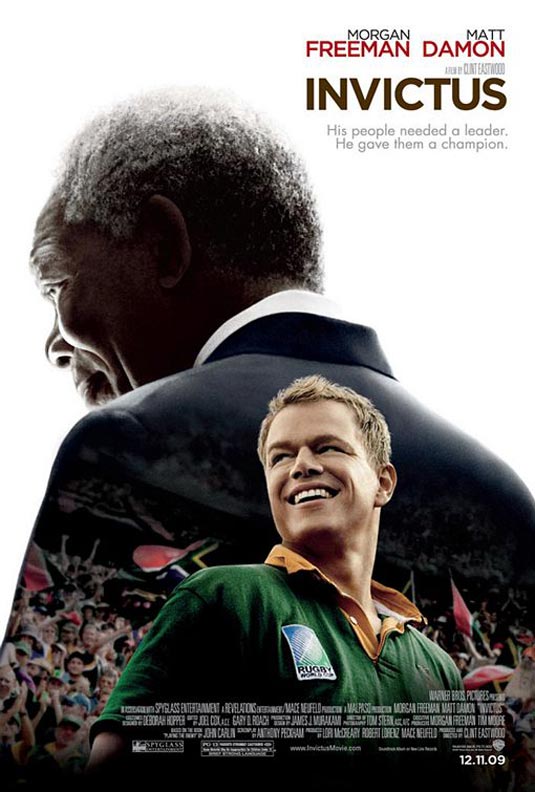

 Among new releases to the Criterion Collection are Nicolas Ray's Bigger Than Life ('56) starring James Mason as an addict shot in Cinemascope (who can turn down Nicolas Ray?). And lastly, a DVD-only release of Marco Ferreri's Dillinger is Dead ('69), an apparently surrealistic Italian film that frankly, I've never heard of, but the cover art is
Among new releases to the Criterion Collection are Nicolas Ray's Bigger Than Life ('56) starring James Mason as an addict shot in Cinemascope (who can turn down Nicolas Ray?). And lastly, a DVD-only release of Marco Ferreri's Dillinger is Dead ('69), an apparently surrealistic Italian film that frankly, I've never heard of, but the cover art is 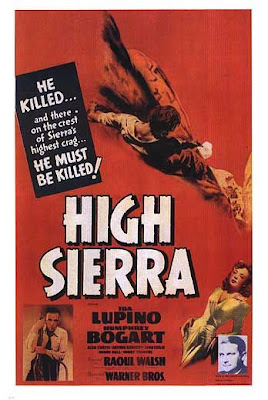 Ida Lupino is the first name listed on the credits for High Sierra, a film not without faults to be frank with you. The screenplay was written by W.R. Burnett and John Huston (before he would go on to direct Bogart himself in countless other noirs and adventures throughout the 40's and 50's) and it tells the simple story of an outlaw, granted a new lease on life, who desperately, though secretly, wishes to retire from his aimless existence as a bad-tempered baddie and find some purpose.
Ida Lupino is the first name listed on the credits for High Sierra, a film not without faults to be frank with you. The screenplay was written by W.R. Burnett and John Huston (before he would go on to direct Bogart himself in countless other noirs and adventures throughout the 40's and 50's) and it tells the simple story of an outlaw, granted a new lease on life, who desperately, though secretly, wishes to retire from his aimless existence as a bad-tempered baddie and find some purpose.
